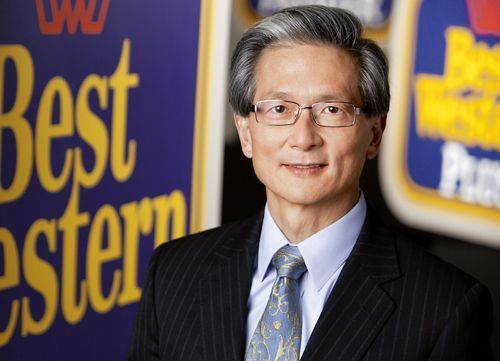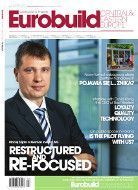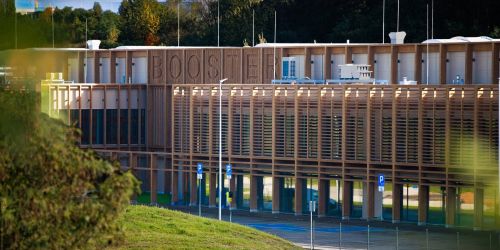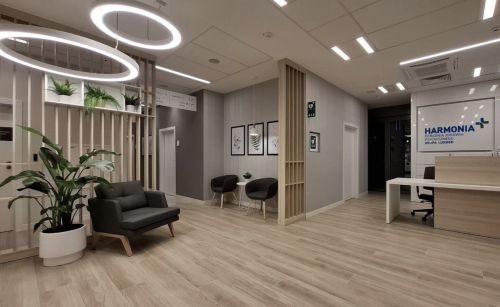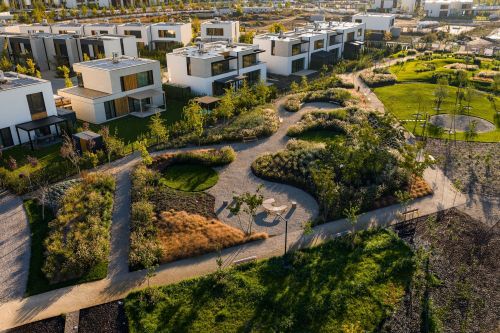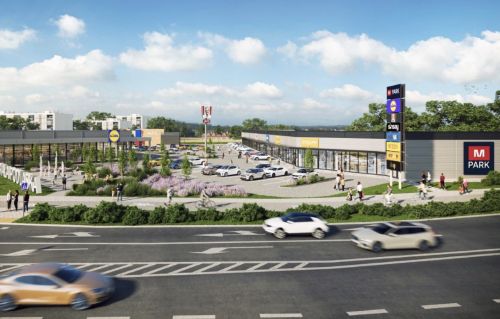Zuzanna Wiak, ‘Eurobuild Central & Eastern Europe’: It’s been ten years since you became the head of Best Western. What goals did you set yourself then and what have you managed to achieve over the last decade?
David Kong, the president and CEO of Best Western International: When I first became CEO of Best Western, our goals were to dramatically enhance the image of Best Western and thereby make our brand more relevant and contemporary, as well as to generate improved revenue for our hotels by taking some of the market share from our rivals. Over the last ten years, we have pursued a comprehensive multi-pronged brand strategy, involving initiatives such as strengthening our quality assurance programme, launching a design programme, pursuing creative and effective sales and marketing strategies, becoming a leader in the internet, mobile and social media area, and enhancing our loyalty programme. As a result, for the last two years we have achieved a revenue per
